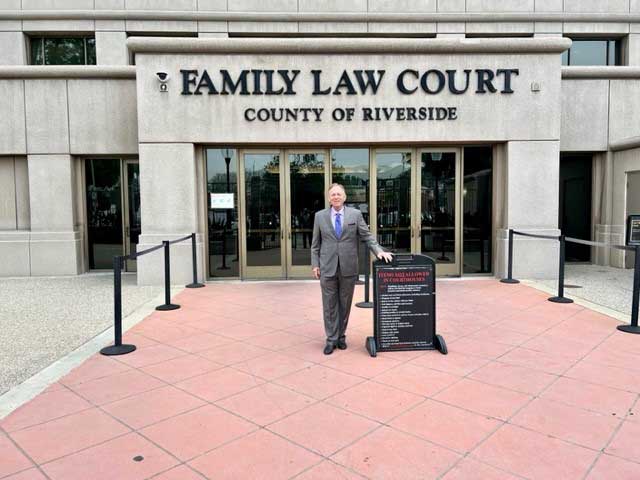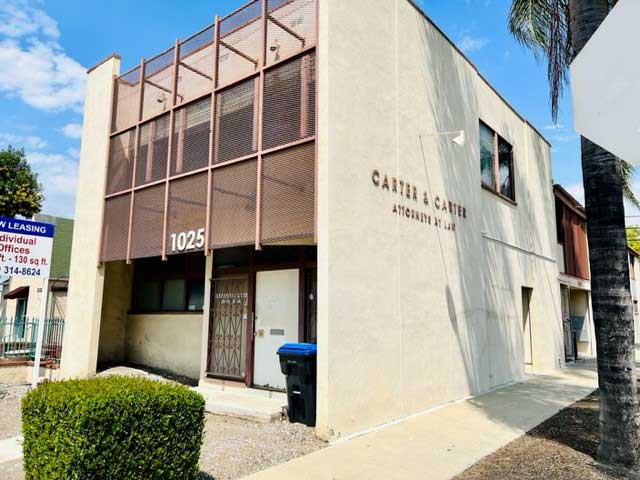Serving Family Law Clients For More Than 35 Years
When you work with me at Law Office of Christopher C. Carter, Inc you will be working with an attorney who ensures that his clients are communicated with every step of the way.
Family Law Services for the Corona, California Area
Practice Areas

Family Law

Estate Planning

Restraining Orders
Receive Personalized Legal Assistance
A common fear I hear from clients is that they’re worried I’ll disappear on them and not tell them about their case as I work on it. I want to ensure to all of my clients that I am someone who communicates with them throughout the entire legal process. You will always know what is going on with your case, what next steps are being taken, and what you can expect in the future.
Going Through A Divorce? Seek Legal Assistance
Nobody wants to get divorced, but unfortunately not all relationships are meant to last. When you come to my office you will not only find an ear that is willing to listen, but someone that will happily be your voice in the courtroom. I’ll fight for your best interests and always make those my priority when representing you.
Ready To Work With An Attorney?
Are you going through a divorce and need an experienced attorney to help? If so, I am always available for a free 30 minute consultation. To schedule one, call me at 951-639-8488 or use my online contact form.
Read What Others Have To Say
Chris carter and his staff have been nothing but amazing. He helped me with a divorce and helped pick up the pieces from my previous attorney left me with. He was very straight forward with me and what the next step would be. His staff helped in every way possible to have this be as smooth as possible. I would highly recommend Chris and his staff for any legal things you need.
Meet Our Team

Christopher C. Carter
Trust In An Experienced Family Law Attorney



